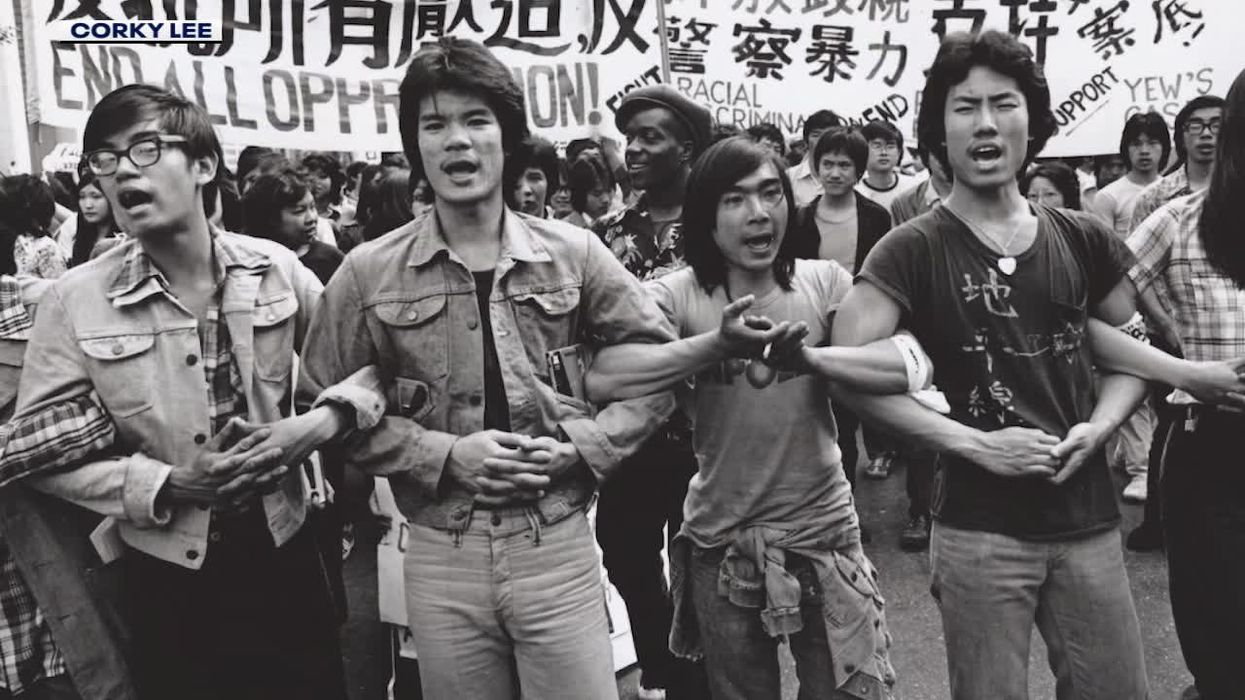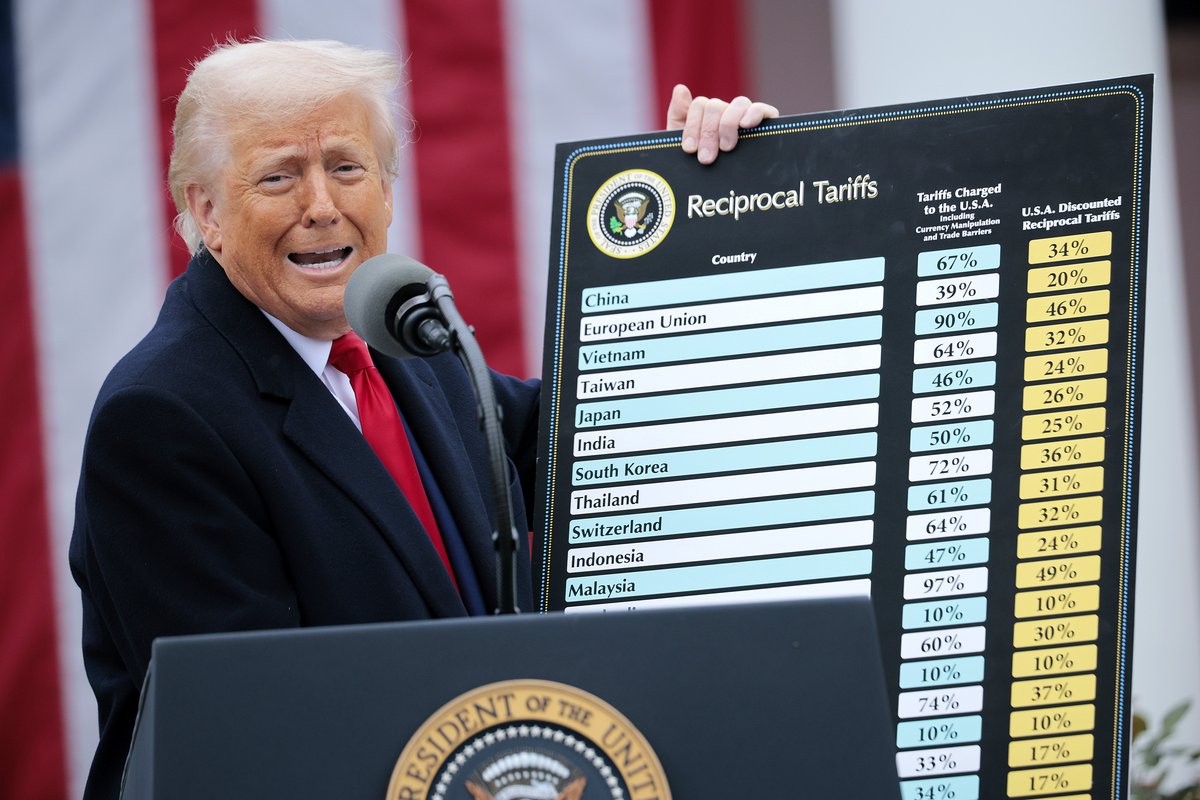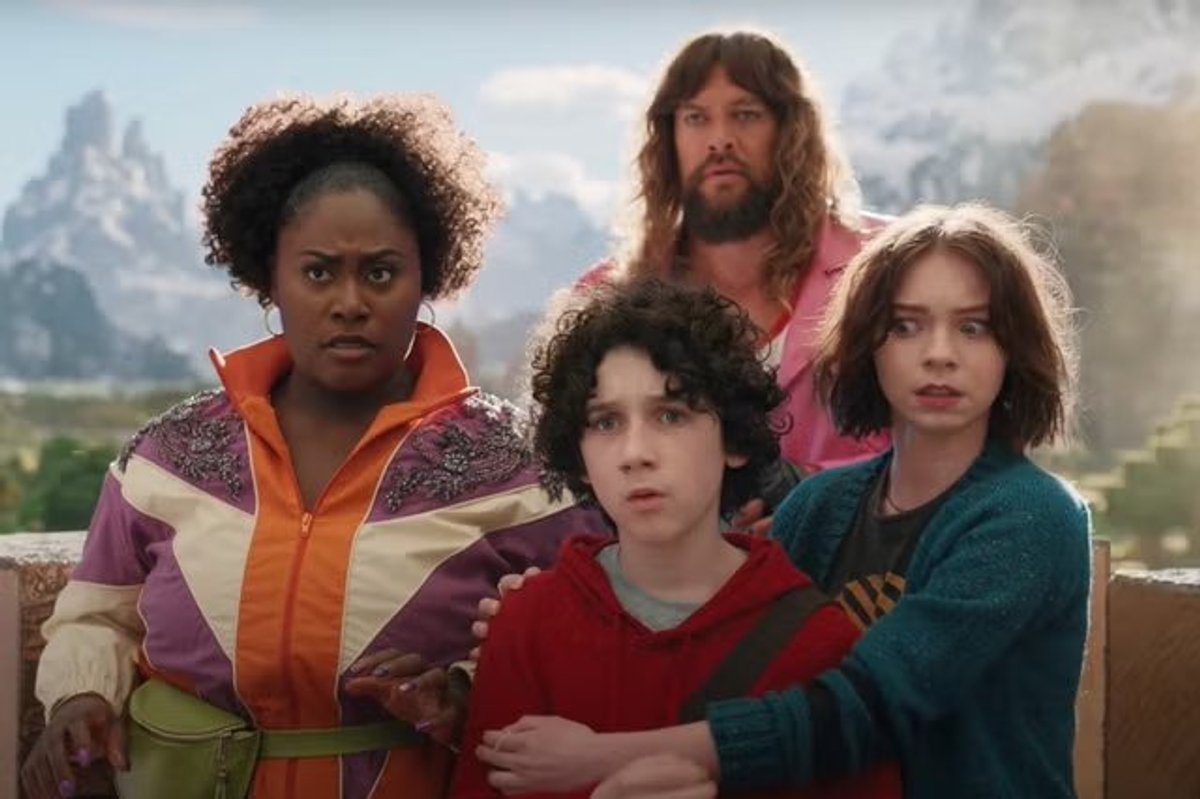Ellie Abraham
May 05, 2023
Remembering Corky Lee
content.jwplatform.com
Today on 5 May, Google users in America will be able to see the iconic Chinese-American photographer Corky Lee honoured with a doodle.
Since 1988, the date has been declared “Corky Lee Day” to celebrate the creative and his contribution to the lives of New Yorkers.
Sign up to our free Indy100 weekly newsletter
As the search engine often does, Google has honoured Lee with a personalised Google Doodle that will appear for users on the US version.
But who is Corky Lee and what did he do?
Lee was a Chinese-American photographer, activist and journalist. Born in 1947 in New York to Chinese-born parents, he gained a degree in American studies and became inspired by photographers such as fashion photographer Bill Cunningham.
He began capturing the everyday activity in Chinatown in Manhattan and the lives of Asian American Pacific Islanders (AAPI).
Lee photographed major events such as festivals, protests and parades and shone a light on the diverse community and its successes and struggles – this community is reflected within the vibrant Google Doodle.
One of his most famous images taken in 1975 captured the moment a young Chinese-American boy, Peter Yew, was dragged away by police with blood coming from his head, sparking protests against police brutality.
\u201cCorky Lee always saw the bigger picture \ud83d\udcf8\n\nToday\u2019s #APAHM #GoogleDoodle celebrates the life of this Chinese American photographer and activist whose work captured Asian Pacific American life. Learn more \u2192 https://t.co/Vajyvr2yYR\u201d— Google Doodles (@Google Doodles) 1683259202
More recently, in 2014, Lee poignantly recreated a photo of the completion of the transcontinental railroad that excluded any of the Chinese labourers who worked on it. For the recreation, he contacted the descendants of the labourers who had been left out of the original 1869 image.
His work had been featured in publications such as Time Magazine, The New York Times and New York Post, and his work inspired two films about his life.
In 2021, Lee died from complications due to Covid-19 on 27 January at the age of 73.
Have your say in our news democracy. Click the upvote icon at the top of the page to help raise this article through the indy100 rankings.
Top 100
The Conversation (0)














